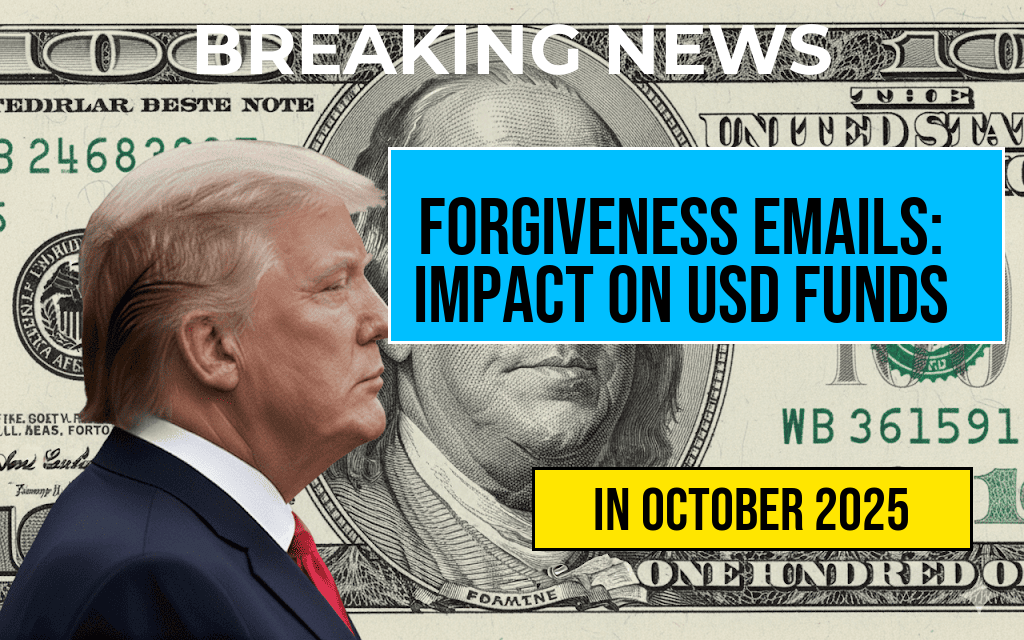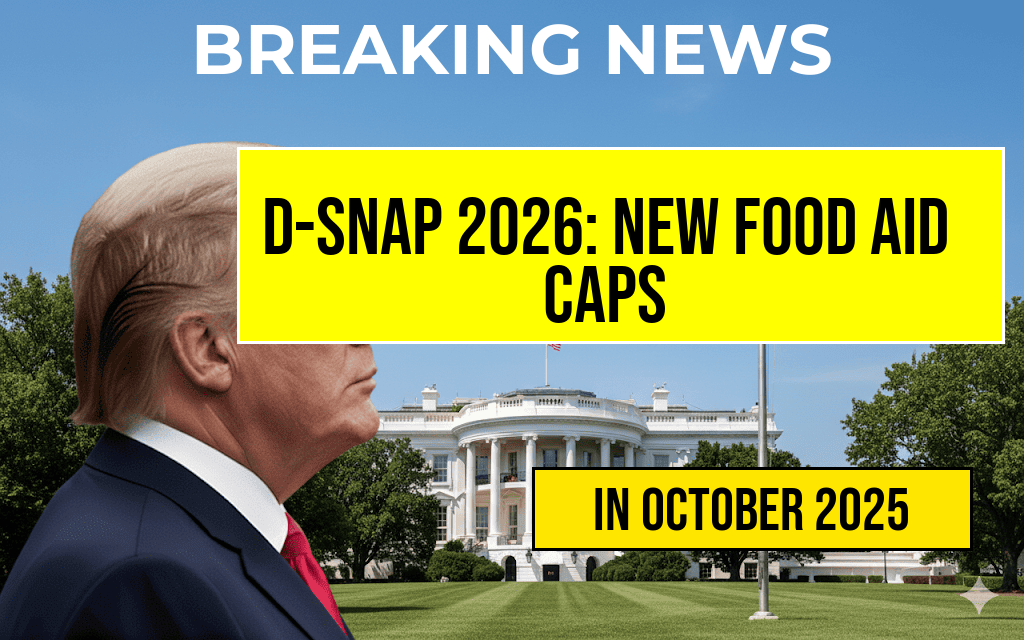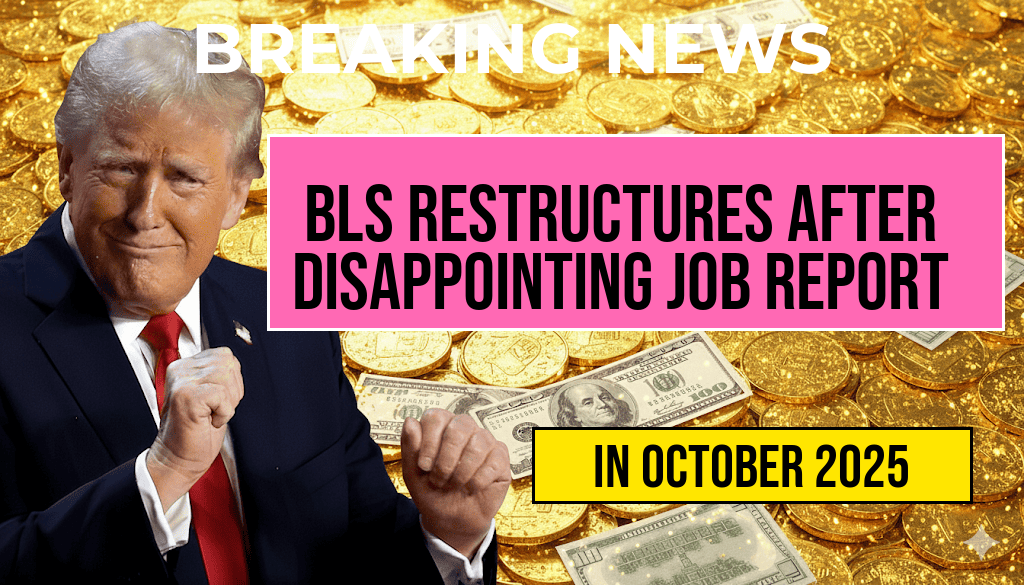Washington, D.C. is facing a significant budget shortfall of approximately $1 billion, prompting city officials to explore various solutions to bridge the financial gap. One proposed measure is a reversal of the city’s tip credit policy, which allows employers in the hospitality industry to pay workers a lower base wage, supplemented by tips. As the debate intensifies, implications for the proposed $10 tipped base pay are drawing attention from both labor advocates and business owners. The potential changes could reshape the economic landscape for tipped workers, who largely rely on gratuities for their income, as well as affect the broader service industry in the nation’s capital.
Understanding the Tip Credit Policy
The tip credit system in Washington, D.C. allows employers to pay tipped employees a base wage that is lower than the standard minimum wage, provided that tips make up the difference. Currently, the minimum wage in D.C. is $17.00 per hour, but tipped workers can earn as little as $5.00 per hour under this policy. This system has been a point of contention, with advocates arguing that it provides flexibility and incentivizes better service, while critics contend it creates wage instability and economic vulnerability for workers.
Proposed Changes and Their Rationale
As the city grapples with its budget deficit, the idea of eliminating the tip credit has emerged as a potential solution. Proponents argue that eliminating this policy could generate additional revenue for the city through increased tax contributions from higher wages. By raising the tipped base pay to $10 per hour, advocates believe that workers would have more stable incomes, which could enhance consumer spending and ultimately benefit the local economy.
Economic Implications for Workers and Businesses
- For Workers: A higher tipped minimum wage could provide greater financial security for thousands of service industry employees. With more reliable income, workers may find it easier to meet living expenses, save for the future, and invest in further education or training.
- For Businesses: On the other hand, many restaurant and hospitality owners fear that the increased labor costs could lead to higher menu prices, reduced hiring, or even layoffs. The service industry has been one of the hardest-hit sectors during the pandemic, and any additional financial strain could hinder recovery efforts.
Reactions from Stakeholders
The proposal has elicited a range of responses from various stakeholders. Labor unions and worker advocacy groups have largely endorsed the idea, citing the need for fair wages and economic equity in the face of rising living costs. Conversely, representatives from the restaurant industry have expressed serious concerns, arguing that the change could diminish the overall viability of their businesses.
Public Sentiment and the Path Forward
Public sentiment appears divided on the issue, with many residents advocating for fair wages while others are concerned about the potential impact on local businesses. A recent survey conducted by the D.C. Chamber of Commerce found that 60% of local business owners are opposed to the elimination of the tip credit, fearing it would lead to job losses and decreased service quality.
As the city council prepares to discuss the proposed changes, the economic implications of altering the tip credit policy will be at the forefront of the debate. City officials are tasked with weighing the potential benefits of increased wages for workers against the risks posed to a fragile service industry.
Future Considerations
As Washington, D.C. navigates this complex issue, the discussions surrounding the budget gap and the tip credit policy serve as a microcosm of broader national conversations about wage equity, economic recovery, and the future of work in America. As stakeholders continue to voice their opinions, the outcomes of these deliberations may set precedents for other cities facing similar challenges.
Additional Resources
For further reading on the economic impacts of wage policies and the tip credit system, consider visiting:
Frequently Asked Questions
What is the current budget gap faced by DC?
The current budget gap faced by DC is $1 billion, prompting discussions on potential solutions to address this financial shortfall.
What is the tip-credit reversal proposal?
The tip-credit reversal proposal suggests eliminating the existing tip credit, which allows employers to pay tipped workers a lower base wage, thereby raising the minimum wage for these employees.
How would the tip-credit reversal impact tipped workers’ wages?
If the tip-credit is reversed, tipped workers would see their base pay increase to $10, potentially improving their overall income stability and reducing reliance on tips.
What are the implications of raising the tipped base pay?
Raising the tipped base pay could have significant implications for both workers and employers, including increased labor costs for businesses and potentially more financial security for employees.
How is the DC government planning to address the budget gap?
The DC government is exploring various avenues, including the tip-credit reversal, as a way to address the $1 billion budget gap and ensure adequate funding for essential services.







